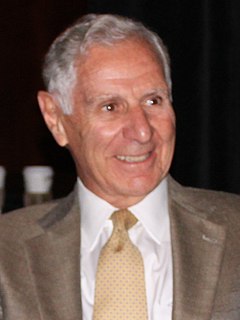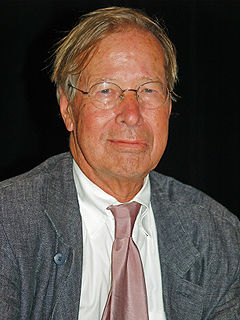A Quote by John Marshall
Courts are the mere instruments of the law, and can will nothing. When they are said to exercise a discretion, it is a mere legal discretion, a discretion to be exercised in discerning the course prescribed by law; and, when that is discerned, it is the duty of the Court to follow it. Judicial power is never exericised for the purpose of giving effect to the will of the Judge; always for the purpose of giving effect to the will of the Legislature; or, in other words, to the will of the law.
Related Quotes
Though this motion for a new trial is an application to the discretion of the Court, it must be remembered that the discretion to be exercised on such an occasion is not a wild but a sound discretion, and to be confined within those limits within which an honest man, competent to discharge the duties of his office, ought to confine himself. And that discretion will be best exercised by not deviating from the rules laid down by our predecessors; for the practice of the Court forms the law of the Court.
Much of the Constitution is remarkably simple and straightforward - certainly as compared to the convoluted reasoning of judges and law professors discussing what is called 'Constitutional law,' much of which has no basis in that document....The real question [for judicial nominees] is whether that nominee will follow the law or succumb to the lure of 'a living constitution,' 'evolving standards' and other lofty words meaning judicial power to reshape the law to suit their own personal preferences.
The Supreme Court, or any court, when they make a decision, if that's a published
decision, it becomes virtually like a statute. Everybody is suppose to follow that law. Whether I decide to allow a law to become a law without my signature is simply
in effect expressing a view that while I don't particularly care for this, the Legislature passed it, it was an overwhelming.
vote, or maybe there were other reasons. But
my decision not to sign doesn't have to be followed by
everybody from that point on
Man must know the principle of Creation: giving between each interchanging opposite half of each cycle for the purpose of repeating its giving. This is universal law and each individual must manifest this law. Man will forever war with man until he learns to give his all with the full expectation of equal receiving, and never taking that which is not given as an earned reward for his giving.
In the 'in-itself' there is nothing of 'causal connections', of 'necessity', or of 'psychological non-freedom'; there the effect does not follow the cause, there is no rule or 'law'. It is we alone who have devised cause, sequence, for-each-other, relativity, constraint, number, law, freedom, motive, and purpose; and when we project and mix this symbol world into things as if it existed 'in itself', we act once more as we have always acted- mythologically.
The constitution is either a superior paramount law, unchangeable by ordinary means, or it is on a level with ordinary legislative acts, alterable when the legislature shall please to alter it. It is emphatically the province and duty of the judicial department to say what the law is. This is the very essence of judicial duty.
The Supreme Court is about the Constitution. It is about constitutionality. It is about the law. At its bear simplest, it's about the law. It is not about the Democrat Party agenda. Because that's what it's become. The whole judiciary has become that because that's the kind of people they have put on various courts as judges, and every liberal justice on the Supreme Court is a social justice warrior first and a judge of the law second. And if they get one more, then they will have effectively corrupted the Supreme Court.
































